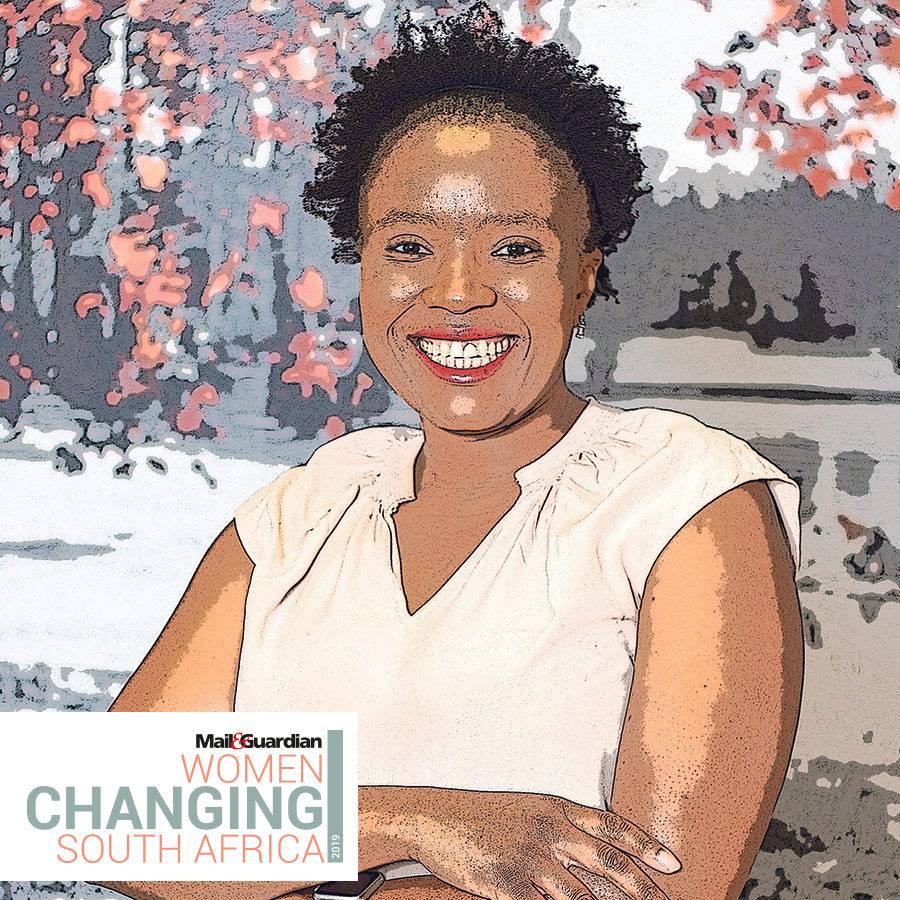| Specialist Neurosurgeon — Life Brenthurst and Busamed in Modderfontein and at Chris Hani Baragwanath Hospital |
I find my work emotionally and mentally rewarding, and this keeps me inspired and focused.
Dr Coceka Mfundisi is one of only a few black female neurosurgeons in South Africa, and the first woman to qualify as a neurosurgeon from the University of Pretoria (UP) in its 100-year history. Today, she works as a specialist neurosurgeon at Life Brenthurst and Busamed in Modderfontein and at Chris Hani Baragwanath Hospital, with a focus on paediatric neurosurgery. In spite of her busy schedule, Dr Mfundisi manages to find time to give back to the communities in her home province, the Eastern Cape, and she works tirelessly to tackle the challenges of gender-based violence.
“I am someone who really enjoys a challenge and I enjoy the thrill that comes with the work that I do. I believe there is no better role in life than to treat people and return them to health.”
She also finds the time to champion gender issues. She believes that movements such as Time’s Up, HeForShe, #MeToo, and #ILookLikeASurgeon have made a global difference to the perceptions of women.
“We are actually beginning to be invited closer to the table,” she says. “What also drives these conversations is the HeForShe component, because it is powerful when male experts, recognised globally, insist on the inclusion of women. One of the most profound instances where I have seen this is when some of these experts have been invited to speak at events, but they won’t do so if there are no women included in the programme.”
Men have power and until such time as women share this power, they have to rely on male allies who will insert themselves into the conversation and empower women. Fortunately, these allies are growing in number and things are changing.
“For the first time at our neurosurgeon congress there was a clear intent to include women in the development pathways and to see how women could be assisted and catered for,” concludes Mfundisi. “Medical schools are producing more women than men, but the surgical discipline is lagging, so these conversations are very helpful and we are definitely moving forward.”
— Tamsin Oxford

